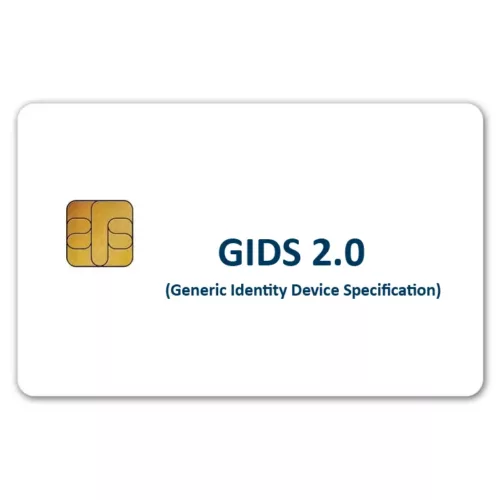Symmetric-Key Infrastructure (SKI) is a symmetric key authentication protocol which aims to provide an authentication infrastructure not unlike PKI (Public Key Infrastructure). SKI is any cryptographic algorithm that is based on a shared key that is used to encrypt or decrypt text/cyphertext, in contract to asymmetric key cryptography, where the encryption and decryption keys are different. Symmetric encryption is generally more efficient than asymmetric encryption and therefore preferred when large amounts of data need to be exchanged.
Since SKI is based purely on symmetric key algorithms it does not have the computational requirements associated with PKI. This makes SKI especially appropriate for resource constrained devices such as those used in mobile ad-hoc networks (MANET). SKI’s Authentication Server does not have to be online, unlike other symmetric key authentication protocols such as Kerberos. This makes SKI intrinsically resistant to Denial of Service attacks. Other features of SKI include support for a key update mechanism and key revocation. SKI seems especially well suited for applications such as MANET and peer-to-peer networks.
Examples for symmetric key cryptography include AES, DES, and 3DES. Key exchange protocols used to establish a shared encryption key include Diffie-Hellman (DH), elliptic curve (EC) and RSA.
Related Products
Related Articles
NXP Semiconductors Presents the MIFARE SAM AV3
Securing Connected Systems with NXP Semiconductors More and more of daily life has become contactless. As we navigate through our lives, people around the world use devices like smartphones, wearables and smart cards to do things like pay for purchases,
PSIA introduces Secure Credential Interoperability initiative
(SANTA CLARA, Calif.—April 20, 2021) The Physical Security Interoperability Alliance (PSIA) today announced its Secure Credential Interoperability (SCI) initiative and a working group to advance its development. “The physical access control industry has demonstrated a need for a universally compatible
These 5 features are essential for a Covid-19 vaccination certificate
Berlin, 10. March, 2021 – The introduction of the Covid-19 vaccines across the globe has prompted discussions on the need for vaccination documentation. Veridos, a world-leading provider of integrated identity solutions, explains the five prerequisites of a secure and effective
ACS Launches CryptoMate EVO and EVO PKI Kit
HONG KONG, 26 Mar, 2020 - Advanced Card Systems Ltd. (ACS), Asia Pacific's top supplier and one of the world's top 3 suppliers of PC-linked smart card readers (Source: Frost & Sullivan), launches the CryptoMate EVO and EVO PKI Kit.
ePasslet Suite soon available on Infineon’s SECORA ID
Nov 14, 2019 -- ePasslet Suite v3 – cryptovision’s Java card framework for electronic ID documents – will be available in 2020 on SECORA™ ID, Infineon’s new Java card operating system. Using ePasslet Suite, users of SECORA™ ID can easily and flexibly
Entrust Datacard Earns Frost & Sullivan North American Product Leadership Award for its IoT Cybersecurity Solution, ioTrust
Santa Clara, CA, United States, 2019/07/25 - Based on its recent analysis of the North American Internet of Things (IoT) cybersecurity market, Frost & Sullivan recognizes Entrust Datacard Corporation with the 2019 North American Product Leadership Award for its ioTrust




